Reason for Walking the Wilderness (Deuteronomy 8:11-16) 11/10/2024
Eternal Answer of 1st, 2nd, 3rd RUTC:
Reason for Walking the Wilderness (Deuteronomy 8:11-16) 11/10/2024
The Israelites, who were freed from Egypt, were led to pass through the wilderness. On the way to the wilderness, they encountered many difficulties, faced enemies, and experienced many failures and humiliations. This is a reflection of our lives. Looking at the map, there was a path that didn’t go through the wilderness. Even though they could have crossed it in a month, they were made to walk it for 40 years.
Why did God’s people have to go through this time? If we don’t find the answer God provides, we may fall into despair, blame others, or even resent God. This can lead to unbelief, depression, and mental disorders. The Bible explains that God allowed the wilderness journey for at least three absolute reasons.
- “To humble and test you so that in the end, it might go well with you” (16). The phrase “so that in the end, it might go well with you” is both the reason and the conclusion of why God saved the Israelites. It is also the blessing and conclusion that we, as Abraham’s spiritual descendants in this age, must enjoy (Galatians 3:19).
1) God chose Abraham to be a source of blessing (Genesis 12:1-3). He was first told to go to Canaan, which means to go into Christ. By doing so, the curses over his family and lineage would end. God promised to make him into a great nation and to make his name great. Those who curse him would be cursed, and those who bless him would be blessed. Ultimately, through Abraham, all peoples on earth would be blessed.
2) In this age, God saved us to bless us in the same way and to turn everything. Into evidence (Ephesians 1:3-12). According to His good will, He predestined us to be adopted as His children. First, He redeemed and sanctified us in Christ, allowing us to enjoy every spiritual blessing in the heavenly places. Ultimately, God will be glorified, and everything in heaven and on earth will be united to enjoy blessings together. In all circumstances, we must hold onto this conclusion for all who are saved. Only then can we overcome the painful and failure-filled world, much like the wilderness.
- For that, God will make us into vessels by leading us through the wilderness. The Bible describes this as maturity (Ephesians 4:13), healing (Ephesians 4:22-24), and the process of sanctification (1 Peter 1:14-16). God humbled and tested us to see if we would fully follow His word even during difficult times (Deuteronomy 8:2). He wanted to ensure that we wouldn’t fall into arrogance when we enjoy God’s blessings and are used importantly (Deuteronomy 8:13-14).
1) God exposed everything through the various problems and incidents during the wilderness journey. Eventually, everything is revealed. At the slightest hardship, they constantly complained and grumbled (Exodus 15:22-26, 16:1-8). When Moses married a Cushite woman, people criticized him, leading to some being afflicted with leprosy (Numbers 12:1-10). When spies were sent, the majority gave a negative report, leading to unbelief and death (Numbers 14:26-38). Some even died after complaining excessively and being bitten by venomous snakes (Numbers 21:4-6). Later, many fell into idolatry with the Moabite idols, fornication with Moabite women, leading to a plague that killed tens of thousands (Numbers 25:1-9). Although it was a shameful and painful time, God wanted everything to be revealed so they could be healed and made whole.
2) The Bible says that everything Israel experienced in the wilderness serves as a mirror for us living in the last days (1 Corinthians 10:11). This shows that we, too, can collapse and fail. Thus, we are told to look at ourselves first when we see someone else’s failure. The Bible even warns us to be careful lest we think we are standing firm, as we may fall (1 Corinthians 10:12). In this way, we receive healing for hidden wounds, weaknesses, and tendencies, leading to growth and depth.
- God used this entire process to raise and build the next generation. In Deuteronomy 6:1-9, God gave the mandate for educating the next generation, who would be used in the land of Canaan (Shema).
1) God led them to prepare for the future generations in three ways.
① He commanded them to love the one true God with all their heart, soul, and strength, and to keep His words in their hearts (Deuteronomy 6:4-5). This means enjoying the blessings of God’s word and the gospel. Teach them through a life that flows from this enjoyment. Children can witness and feel their parents holding onto God’s word in faith and sincerely loving Him. Seeing God’s word fulfilled and answered in their parents’ lives, the next generation will grow up preciously.
② Teach the word diligently to your children (Deuteronomy 6:7-9). It’s not merely a transmission; it means training until it is deeply imprinted in them, taking root in their hearts. This is where the future of the next generation is formed (inspired by Nathaniel Hawthorne’s “The Great Stone Face”).
③ What was the meaning of all their many failures? Even those were meant to be tools of education. The first generation who failed in the wilderness were people who had lived in slavery, fate, and curses for 400 years. They were freed and saved by God’s grace, but the nature of their slave mentality (wounded lives, habits, and nature) continued. God used even this as a mirror for us today. Thus, when we see the shortcomings and shame of the parental generation, we feel hurt and shame and make resolutions to stand firm in our lives, our families, and our churches. The Remnant Age emerge, turning the tears, devotions, pain, and failures of the parental generation into a platform to change this age.
2) There are three things we should observe from Moses’ ministry. Here, the first generation must hold onto what they must do.
① Moses understood his inadequacies, and he led the people by humbling himself before God in tears. He witnessed the people’s countless failures, and he, too, showed his own mistakes and failures (Psalm 106:32-33). When he came down with the tablets of the Ten Commandments and saw Israel worshipping idols, he broke the tablets (Exodus 32:15-19). He then prayed in tears for the people to be forgiven, and if not, for God to erase his name from His book (Exodus 32:31-32).
② To properly pass on this covenant to the next generation, Moses recorded the Scriptures, including all shameful parts. Through the Holy Spirit, God inspired Moses to write Genesis, Exodus, Leviticus, Numbers, and Deuteronomy.
③ He raised two Remnant disciples, Joshua and Caleb, who would complete the conquest of Canaan. Joshua was described as Moses’ servant (Joshua 1:1). He stayed by the tent of meeting, helping and learning from Moses’ ministry (Exodus 33:7-11). When the Amalekites (whose name in Hebrew means “Satan”) blocked, the young Joshua took the lead in battle (Exodus 17:9). Caleb, one of the spies, confessed his faith alongside Joshua and completed the conquest of Canaan (Joshua 14:6-15). Hebron, conquered by Caleb and his descendants, became Jerusalem, from where David’s kingdom was established, and Christ came.
Conclusion – These are challenging and difficult times. May you hold onto God’s absolute reason for leading us through the wilderness and stand victorious.
11.10.24 Reason for Walking the Wilderness

